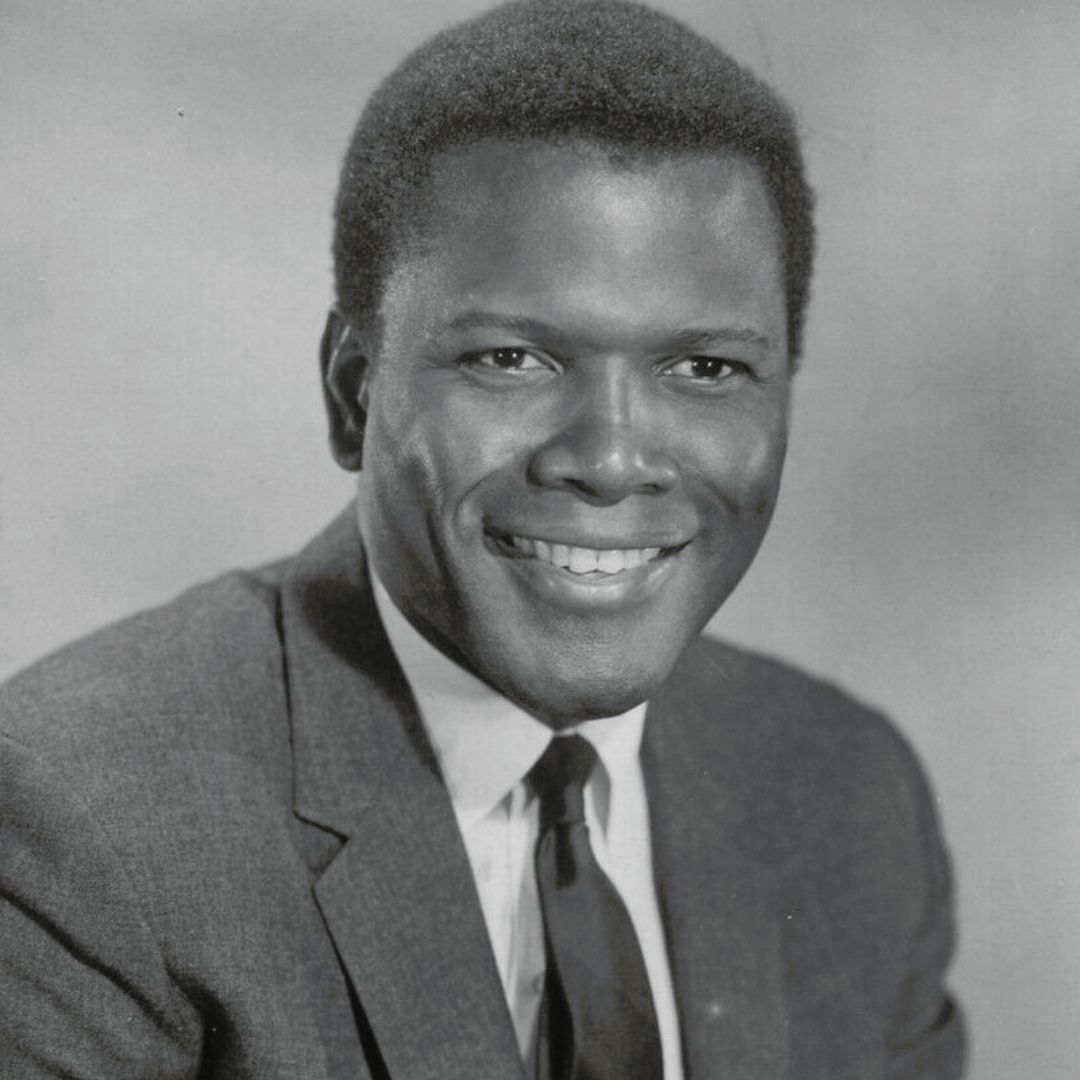
Image Credits: Wikipedia
Remembering Sidney Poitier, One Of The Most Significant Figures Of 20th Century Hollywood
Writer: Tashafi Nazir
For most people, journalism sounds hectic and chaotic. For her, it's a passion she has been chasing for years. With an extensive media background, Tashafi believes in putting efforts on presenting a simple incident in the most interesting way.
Others/World, 8 Jan 2022 9:48 AM GMT
Editor : Palak Agrawal |
Palak a journalism graduate believes in simplifying the complicated and writing about the extraordinary lives of ordinary people. She calls herself a " hodophile" or in layman words- a person who loves to travel.
Creatives : Tashafi Nazir
For most people, journalism sounds hectic and chaotic. For her, it's a passion she has been chasing for years. With an extensive media background, Tashafi believes in putting efforts on presenting a simple incident in the most interesting way.
Poitier, whose groundbreaking acting performances in the 1950s and 60s inspired generations of Black film stars, died aged 94 on January 6. He was the first black winner of the best actor Oscar for his role in “Lilies of the Field".
Sidney Poitier, who broke through racial roadblocks as the first Black winner of the best actor Oscar, died at age 94 on Friday, January 6. The actor had bagged the most prestigious award for his role in Lilies of the Field, and inspired a generation during the civil rights movement.
Acting director-general of the Bahamian Ministry of Foreign Affairs, Eugene Torchon-Newry, confirmed his death.
Born on February 1927 in Miami, Florida, Poitier was a Bahamian-American actor, film director, ambassador and an activist.
In 1964, Poitier was the first Black person and first Bahamian to win the Academy Award for Best Actor. He received two Academy Award nominations, two Prime-time Emmy Awards nominations, ten Golden Globes nominations, eight Laurel nominations, six BAFTA nominations and one Screen Actors Guild Awards (SAG) nomination. He was the Bahamian Ambassador to Japan from 1997 to 2007.
First Role As An Actor
According to the available information, Poitier's family lived in the Bahamas, then a British Crown colony, but he was born prematurely in Miami while his parents were visiting the city for the weekend, which automatically entitled him to US citizenship. He grew up in the Bahamas, but shifted to Miami at 15 and New York City when he was 16 years old. He joined the American Negro Theater production, landing him a role as a high school student in the film Blackboard Jungle (1955).
In 1958, Poitier starred with Tony Curtis in the roles of chained-together escaped convicts in The Defiant Ones, which gained nine Academy Award nominations. Both actors received a nomination for Best Actor, with Poitier's being the first for a Black actor and a nomination for a BAFTA, which he won.
Winning Oscar
He won the Oscar for 1963's "Lilies of the Field," where he played the role of a handyman assisting a group of German-speaking white nuns build a chapel.
Poitier also received acclaim for Porgy and Bess (1959), A Raisin in the Sun (1961), and A Patch of Blue (1965). He continued to break ground in three successful 1967 films that talked about race and race relations. He won the Golden Globe and British Academy Film Award nominations for his performance in the last movie. He was voted the US's top box-office star in a poll the next year.
Role As A Director
In the 1970s, Poitier also directed many comedy films, like Stir Crazy (1980), starring Richard Pryor and Gene Wilder. After nearly 10 years from acting, he returned to TV and film starring in 1998's Shoot to Kill and 1992's Sneakers.
Queen Elizabeth II gave Poitier a knighthood in 1974 and received the Golden Globe Cecil B. DeMille Award in 1982. In 1995, he received the Kennedy Center Honours, and ranked 22nd among the male actors on the "100 Years...100 Stars" list in 1999 by the American Film Institute. He won the Screen Actors Guild Life Achievement Award in 2000.
In 2002, he bagged an Academy Honorary Award to recognise his "remarkable achievement as an artist and as a human being."
In 2009, he bagged the Presidential Medal of Freedom, the highest civilian honour in the United States. In 2016, he achieved the BAFTA Fellowship for outstanding lifetime achievement in film.
Legacy
Poitier was described as a legend in his obituary. Many film journalists and historians have called him Hollywood's first African-American film star. The actor and director was instrumental for the diversity of Hollywood and "paved the way for Black actors in films".
Poitier was the first actor to star in mainstream Hollywood films that depicted a Black person in a non-stereotypical fashion, and his influence in the 1950s and '60s as role model and image-maker, was immeasurable.
Being an influential and highly viewed African-American actor, he became the first Black star to be nominated for an Academy Award and the first Black male actor to win the award. He was also described as the "sole representative" of African-Americans in the 1950s and 1960s mainstream cinema.
For his role in diversifying Hollywood and paving the way for other Black actors, he was described as one of "the most significant figures of 20th century Hollywood".
Former President of the United States Barack Obama noted that Poitier had "advanced the country's dialogue on race and respect" and "opened doors for the next generation of actors."
Also Read: How A Childhood Event Prepared This Colonel For The 1971 War
 All section
All section














